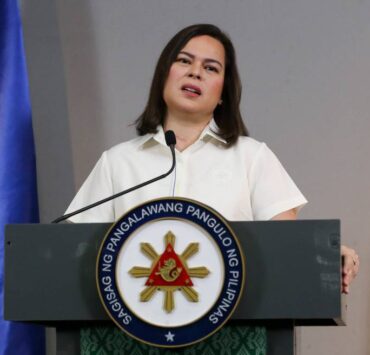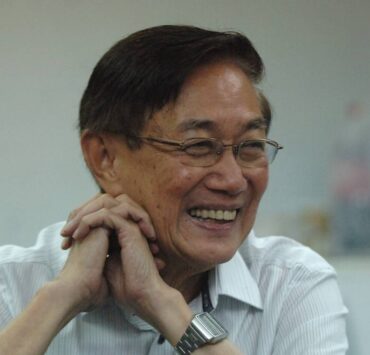College faculty groups nix plan to reduce curriculum

Teachers’ unions and college faculty members are opposing the proposal to trim down general education (GE) units in college. They said this strategy could pose risks to teaching jobs and academic freedom and affect the quality of college education.
In a position paper released this week, the Council of Teachers and Staff of Colleges and Universities of the Philippines (Cotescup) said the plan by education agencies to “download” or introduce GE subjects to the senior high school curriculum (SHS) to shorten tertiary education by one semester could threaten job security as well as “undermine academic freedom and liberal arts education.”
“While we recognize the intention to address curriculum redundancies and improve the alignment between SHS and college programs, there are serious concerns about the immediate and long-term implications of these changes, particularly for college teachers,” said the group representing 19 college faculty associations.
Among the organizations comprising Cotescup are the faculty associations of Ateneo de Manila University, De La Salle University, University of Santo Tomas, Far Eastern University, San Beda College, Mapua Institute of Technology, St. Paul University, Centro Escolar University, St. Louis University and Silliman University.
The group is led by Rene Tadle (president) and Jonathan Te (vice president).
Their position paper was also sent to the new Commission on Higher Education (CHEd) Chair Shirley Agrupis and to Pasig Rep. Roman Romulo, who chairs the House committee on basic education and culture.
Redundant courses
The idea to shift GE courses to SHS as electives was floated by officials of the Department of Education (DepEd) at a House hearing last month.
DepEd Assistant Secretary Janir Datukan told lawmakers that the art appreciation, contemporary world and ethics courses, which have three units each, were found to be redundant as they were supposedly already being taken by Grade 7 to 12 students.
A top concern for college faculty is the significant cut in the teaching load of teachers, which would eventually lead to “nonrenewal of contracts, reassignment or job displacement.”
“For many educators, particularly part-time, contractual or probationary teachers … teaching assignments are primarily in these GE courses,” Cotescup said.
The group stressed the role of GE courses in the “cultivation of critical thinking, ethical reasoning and civic engagement” among tertiary students, regardless of their college major.
“College-level teaching is distinct in its emphasis on higher-order thinking skills, research-based learning and critical engagement with diverse perspectives,” Cotescup said.
“By collapsing these into SHS subjects, the reform risks lowering the academic standards and scope of liberal education, effectively marginalizing disciplines in the humanities and social sciences,” it added.
Safety nets
The teachers’ coalition also questioned whether SHS students are ready for this scheme or if it would only worsen learning gaps. “The plan ignores a basic issue: how ready and prepared SHS graduates are for advanced academic work?”
“This mismatch may cause learning gaps, which would force universities to bring back remedial or supplemental courses, therefore defeating the intended purpose of reducing the college years,” it added.
Cotescup urged Romulo to invite representatives of faculty organizations to the committee hearings and requested a dialogue with CHEd to provide inputs in the policy development.
It emphasized the need for safety nets for teachers, such as “transitional support, retooling programs and mechanisms,” so that a “strong” GE education is maintained and that any policy reform remains inclusive.
DepEd is implementing a pilot run of the revised SHS curriculum in about 800 public and private schools for school year 2025-2026.
The aim is to “decongest” by cutting down SHS tracks to just two, namely academic and technical-professional tracks, from the original four. The core subjects will also be reduced to five from 15.
Sen. Sherwin Gatchalian, who also serves as cochair of the Second Congressional Commission on Education (Edcom 2), had expressed doubts on whether this new structure would help students to be “college-ready.”
Edcom 2 is the congressional body tasked with recommending and reviewing education policy reforms.
“My question to DepEd is: Aren’t we going into the same problem [as the current curriculum] with the electives?”
Gatchalian said during a Senate hearing on May 8.
“We must think not only of the intended curriculum because everything we are discussing today will depend on the capacity of our schools to implement it on the ground,” the senator added.
Education Secretary Sonny Angara said the old system in the last decade was not working for students because they were “boxed” by too many subjects.
However, Angara maintained that the abolition of the SHS program is still in the hands of Congress.

















